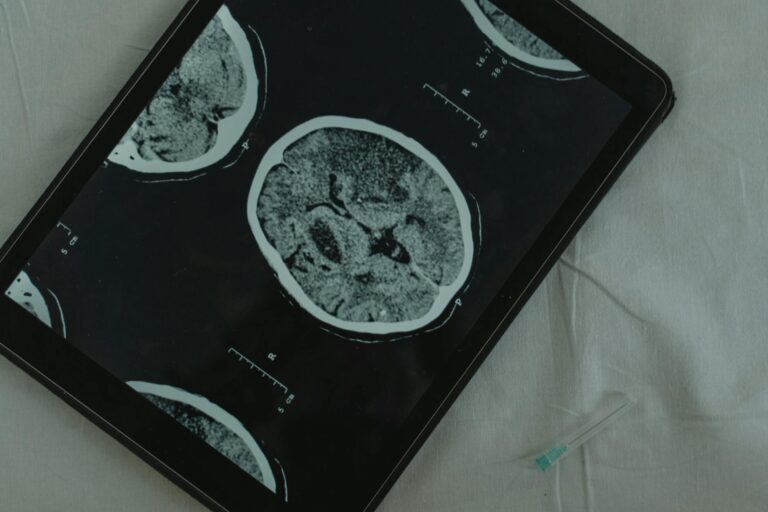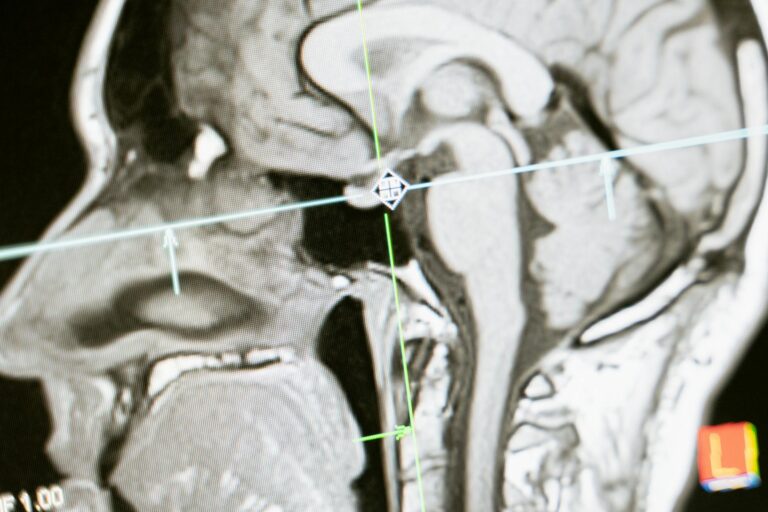Dementia is a devastating condition that affects millions of individuals worldwide. It is a progressive brain disorder that causes memory loss, confusion, and difficulty in performing daily tasks. As the population ages, the number of people living with dementia is expected to rise. In fact, according to the World Health Organization, there are currently around 50 million people living with dementia globally, and this number is projected to triple by 2050.
With such a significant number of individuals living with dementia, it is essential to understand how technology can support and improve their quality of life. However, with the increased use of technology comes the risk of data breaches, which can have severe consequences for individuals with dementia. In this article, we will discuss the role of technology in supporting individuals with dementia and the potential risks of data breaches.
How Can Technology Support Individuals with Dementia?
Technology has the potential to greatly improve the lives of people living with dementia. It can help them to remain independent, stay connected with loved ones, and manage their condition. Here are some ways in which technology can support individuals with dementia:
1. Reminders and alerts: Dementia can cause individuals to forget important tasks or appointments. Technology can provide reminders and alerts for medication schedules, doctor appointments, and other daily tasks.
2. Communication and social connection: People with dementia may struggle with communication and feel isolated from their loved ones. Technology can help them stay connected through video calls, social media, and messaging apps.
3. Assisting with daily tasks: Assistive technology such as voice-activated devices or smart home systems can help individuals with dementia to manage household tasks like turning on lights, adjusting room temperature, or playing music.
4. Monitoring health: Wearable technology such as fitness trackers or smartwatches can monitor vital signs and detect any potential health issues for individuals with dementia.
5. Cognitive stimulation: There are several apps and games specifically designed for individuals with dementia to help improve memory, cognitive function, and overall brain health.
Potential Risks of Data Breaches for Individuals with Dementia
As beneficial as technology can be for individuals with dementia, there are also potential risks that come with its use. One of the biggest concerns is the risk of data breaches. A data breach is a security incident in which sensitive, confidential, or protected information is accessed, disclosed, or stolen by an unauthorized person.
Here are some potential risks of data breaches for individuals with dementia:
1. Personal information exposure: Individuals with dementia may not be aware of the risks of sharing their personal information online. This could include sensitive information such as their address, medical history, or financial details. In the wrong hands, this information can be used for identity theft, fraud, or other malicious purposes.
2. Financial exploitation: Scammers and fraudsters may target individuals with dementia through phishing emails or phone calls, using their personal information to gain their trust and steal their money.
3. Risk of medical identity theft: With the increasing use of health technology, there is a risk of medical identity theft for individuals with dementia. This is when someone uses another person’s personal information to obtain medical services, prescription drugs, or file false insurance claims.
4. Potential harm or distress: For individuals with dementia, their personal information may not only include sensitive data but also intimate details about their lives and health conditions. If this information is exposed in a data breach, it can cause distress and embarrassment for them and their families.
How Can We Protect Individuals with Dementia from Data Breaches?
It is crucial to take necessary precautions to protect the personal information of individuals with dementia from data breaches. Here are some tips to ensure the safety and security of their data:
1. Educate them about online safety: It is essential to educate individuals with dementia about online safety and the risks of sharing personal information. Teach them to be cautious of suspicious emails, messages, or phone calls asking for personal information.
2. Use strong passwords: Encourage individuals with dementia to use strong and unique passwords for their online accounts. This will make it harder for hackers to access their personal information.
3. Use privacy and security settings: Ensure that the privacy and security settings on their devices and online accounts are set to the highest level. This will help to protect their personal information from unauthorized access.
4. Keep software and devices up to date: Regularly updating software and devices can help to prevent data breaches as updates often include security patches to fix vulnerabilities.
5. Consider using a password manager: For individuals with dementia who may struggle to remember multiple passwords, a password manager can be a helpful tool to securely store and manage their login credentials.
In conclusion, technology can be a valuable tool in supporting individuals with dementia to live more independently and stay connected with their loved ones. However, it is essential to be aware of the potential risks of data breaches and take necessary precautions to protect their personal information. By educating ourselves and those around us, we can ensure the safe and secure use of technology for individuals with dementia.





